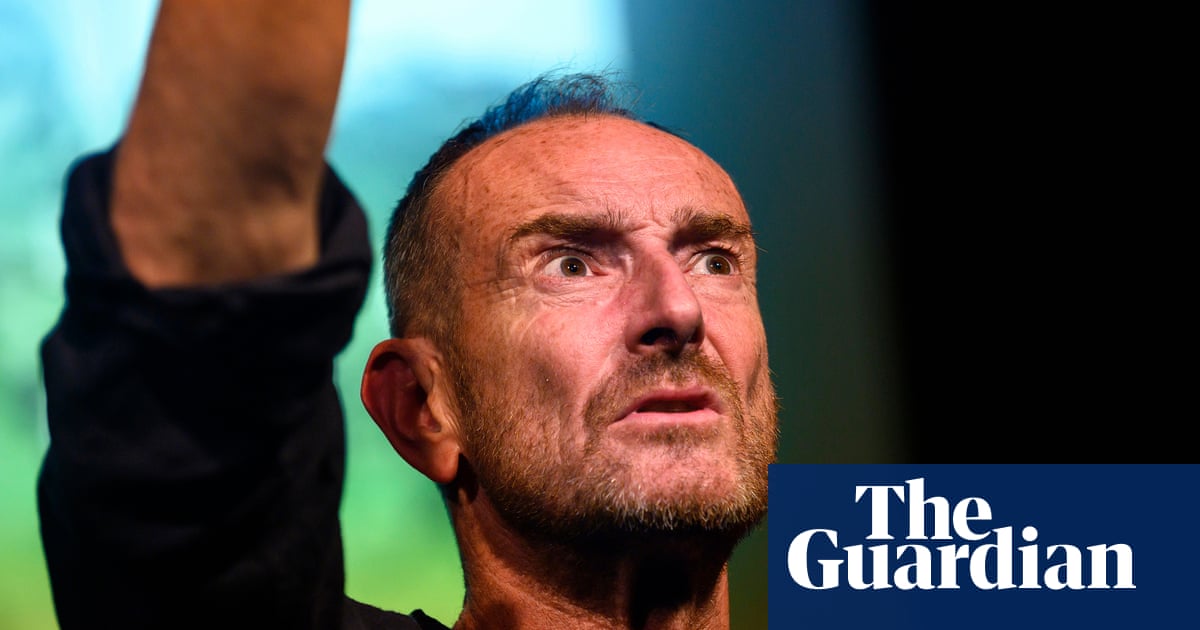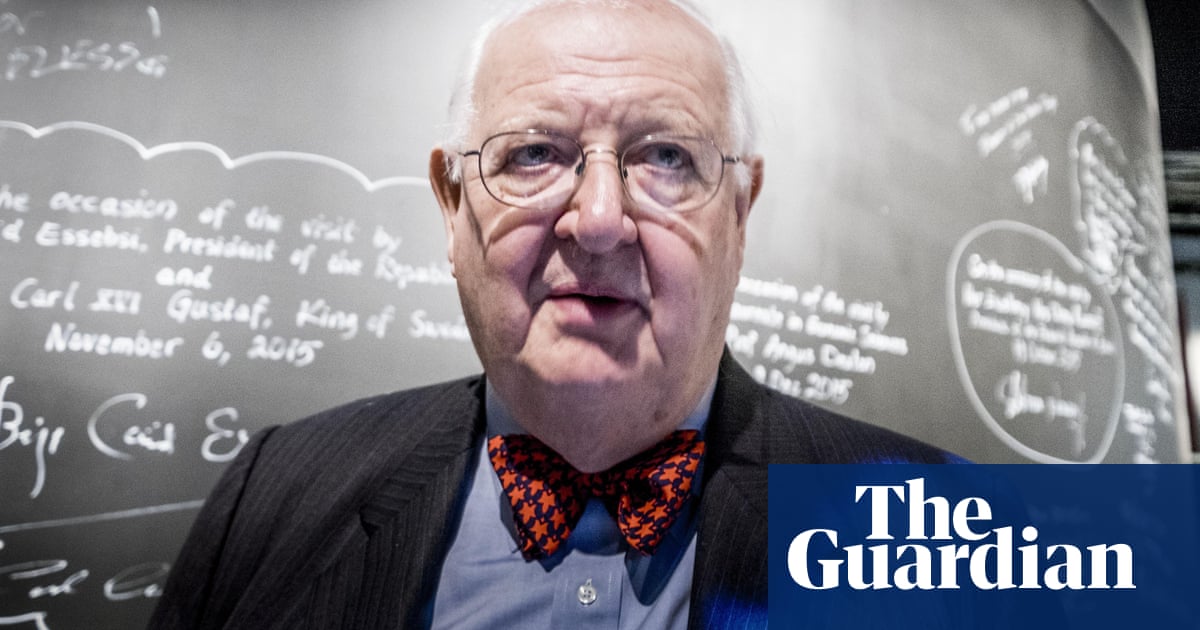
Al-Qaeda founder Osama bin Laden’s son Hamza, 30, is widely reported to have been killed in a US airstrike. But nearly two decades after the 9/11 attacks on America, while the global terrorism environment has been reshaped by the loss of Al-Qaeda offshoot Daesh’s former territories in the Middle East, the threat from terrorism is still clear and present — which poses a major concern to policy makers.
One of the key challenges world leaders still face is that there remains a key weakness in the continuing US-led “war on terror” — which is that Washington’s response has been hyper-militarized, dominated by counter terrorism and security, while there has been under-investment in other soft-power instruments such as public diplomacy.
To be sure, even this unbalanced strategy has secured some key successes over the past two decades, particularly the progressive degradation of Daesh positions in the Middle East. But an overwhelming emphasis on hard power has fueled significant controversy, alienating many across the world. This has been true not just under Donald Trump and George W. Bush, but under Barack Obama too. During the Obama administration there was an increase in drone attacks, which was controversial both domestically and overseas, and he also failed to close the Guantanamo Bay prison despite pledges to do so.
Wiser US and international policymakers highlighted the need for a paradigm shift in the campaign on terrorism. Toward the end of the Obama era, for instance, before a 2015 White House summit on countering violent extremism, Secretary of State John Kerry called for a “shift in gears on to a path that will demand more from us … politically, economically, and socially … a truly comprehensive and long-term strategy to destroy its very roots.”
The 70th anniversary of the end of the Second World War was marked that same year, and Kerry compared the challenge of combating terrorism now with what Washington and its international allies faced in tackling fascism then. Unfortunately that is not a perspective widely shared in the Trump foreign and defense team, which is increasingly is filled with presidential loyalists.
One of the most glaring gaps in the campaign against terror that now badly needs to be addressed after recent atrocities is the need for a turbo-charged soft-power effort to win hearts and minds around the world. In numerous key states such as Turkey and Pakistan, opinion polls suggest that positive sentiment toward the US has fallen off a cliff in the last two decades.
This is so important because the outcome of anti-terrorism efforts across the globe is, in essence, related to a battle between moderates and extremists within Islamic civilisation. And unless this is better recognized and addressed, with the soft-power elements of the campaign against terrorism dialed up significantly, the US-led international strategy will continue to face serious setbacks.
One of the most glaring gaps in the campaign against terror that now badly needs to be addressed after recent atrocities is the need for a turbo-charged soft-power effort to win hearts and minds around the world.
Andrew Hammond
The soft-power roadmap required is relatively clear. Seizing the moment requires the US and international partners to give much higher priority to activities such as public diplomacy, sustainable development assistance, and exchange programs.
Obama and Kerry rightly noted that this is an expensive, demanding and complex generational project that the US government cannot achieve alone, which is why US and international leaders from other arenas such as the private sector, NGOs and faith communities are also needed.
While Kerry drew an analogy with the Second World War, it is the Cold War that perhaps provides an even better guide to what is now needed in the campaign against terrorism. Just like the Cold War, which was ultimately won by a strategy of US-led international containment and cultural vigor, the challenges posed by the campaign against terrorism need a much smarter balance between hard and soft power, with resources to match.
Numerous US officials, including former Bush and Obama defense secretary Bob Gates, have highlighted the gross mismatch between the budget of the Pentagon and those of US international programs; Washington spends about 500 times more on its military than it does collectively on international broadcasting and exchanges, which proved so successful in neutering the Soviet Union during the Cold War.
Of course, a holistic international plan to tackle violent extremism will inevitably have a military and counter-terrorism component, but soft power needs to become a much bigger part of the overall mix.
Trump, however, appears unpersuaded by this thinking and has said he believes the key factor is simply bombing the terrorists. He has also alienated many people in Muslim-majority countries in other ways, with his hastily drawn-up bans on many of them entering the US.
On this issue, it is perhaps a matter of regret that Hillary Clinton lost the 2016 presidential election. She had offered the most potentially effective policies in the campaign on terror, including one of so-called smart power — re-orientating the balance between soft and hard power in favour of the former.
Washington and its international partners must urgently address this Achilles’ heel in the campaign against terrorism. It will require not just a change in approach from Trump, but also a sustained commitment beyond his presidency by successors and key domestic and international partners.












